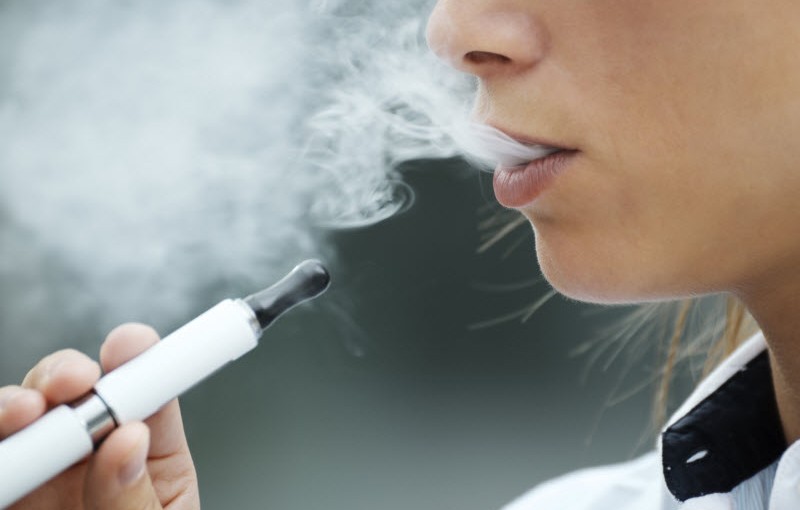A new study finding e-cigarettes are gateway to smoking? Not really
By Dr Farsalinos
A new study was published today in JAMA, evaluating whether e-cigarette trial is associated with future tobacco cigarette trial. The study participants were 14-year-old kids who had not tried tobacco cigarettes or other tobacco combustible products at baseline (fall 2013), some of which had tried e-cigarettes. All participants were followed up at 6 and 12 months, at which points they were asked to report use of combustible tobacco products (including cigars and hookah). The authors report that baseline e-cigarette use was associated with a 2.7-fold elevated risk of combustible tobacco trial at follow up. The study was considered so important that it was accompanied by an editorial, while a press release was issued by Campaign for Tobacco Free Kids.
The gateway-to-smoking effect, as explained in the accompanying editorial, is substantiated when someone who would not have otherwise tried to smoke tries e-cigarettes, becomes addicted to nicotine from e-cigarettes and then becomes a smoker. Did the study show anything like this? Of course not!
First of all, the study did not assess baseline regular use of e-cigarettes and did not even assess use of nicotine-containing e-cigarettes. Thus, there is no information on whether any of the participants was addicted to nicotine from e-cigarette use. Moreover, there is no information on whether those e-cigarette experimenters became regular smokers. In fact, past 6-month use of combustible products was reduced among e-cigarette experimenters at 12 months compared to 6 months (although the difference was not statistically significant), indicating that at least some (if not all) of them just experimented with combustible products. This is further supported that the total number of past 6-months e-cigarette experimenters declined from 12.6% (320 out of 2530) at 6 months follow-up to 9.9% (250) at 12 months follow-up (supplementary table 5). Another part of the study which was presented in a short paragraph (with tables in supplementary files only) assessed the association between baseline combustible tobacco experimentation and future use of e-cigarettes at 6 and 12 months follow-up (the opposite analysis). Among 2673 participants, 2305 (86.2) had never experimented with combustible products at baseline, and 8.6% and 6.6% of them experimented with e-cigarettes at 6 and 12 months respectively. Of the 368 (13.8%) of past combustible products experimenters, 37.7% and 22.5% experimented with e-cigarettes. Experimentation with combustible products at baseline was associated with a 3-fold chance of future experimentation with e-cigarettes.
So, is this study showing that e-cigarettes are both gateway to and from combustible tobacco products? Obviously no. It shows a bidirectional association, but prove nothing in terms of causation. Young people who experiment (either with combustible or e-cigarette products) are a completely different population compared to those who do not. That was obvious from table 1 of the study, showing that the groups of e-cigarette experimenters vs never users differed in every single factor that was assessed through the questionnaires (and probably many other factors that were not assessed). Experimenters obviously have a natural tendency to experiment, that is why you will see them experimenting with bot tobacco and e-cigarette products whichever was the first product they tried. This cannot be interpreted as a gateway effect. The evidence showing that youth tobacco use in the US has reached to historically low levels despite the rise in e-cigarette experimentation further supports the lack of a gateway effect.
I must acknowledge that the authors were very careful in interpreting the study findings in the discussion section of the manuscript, although the failed to avoid the temptation of assuming experimenters were exposed to nicotine-rich e-cigarettes (which was never shown in the study itself). It was inevitable that some would take the opportunity and engage in another campaign of terror and misinformation through the newsmedia. Let me clarify that I support the reasonable, proportionate and sustainable regulation of e-cigarettes, which could include ban on the sales of e-cigarettes to youth, considering of course that by doing this the smoking youth would be deprived from a product which could be helpful in smoking cessation.
You can also find an interesting commentary on this study by Prof Michael Siegel.
Source : ecigarette-research


